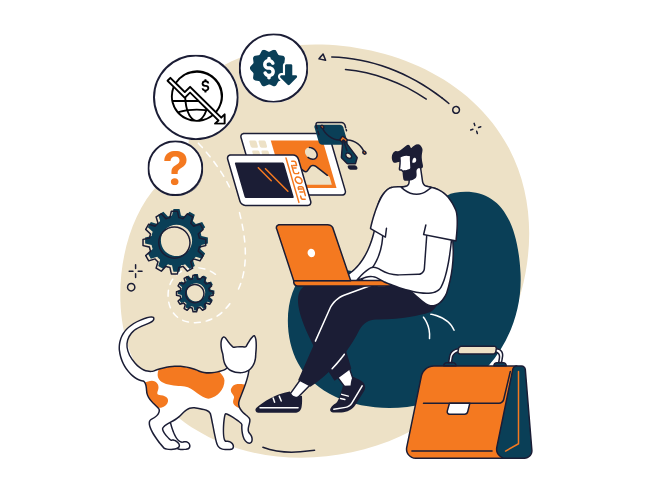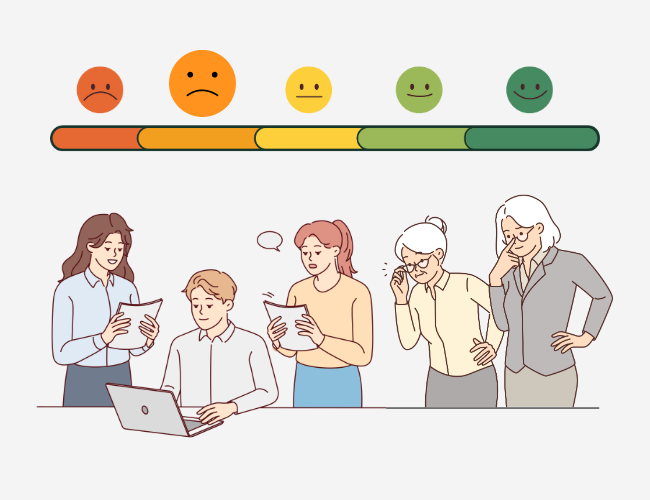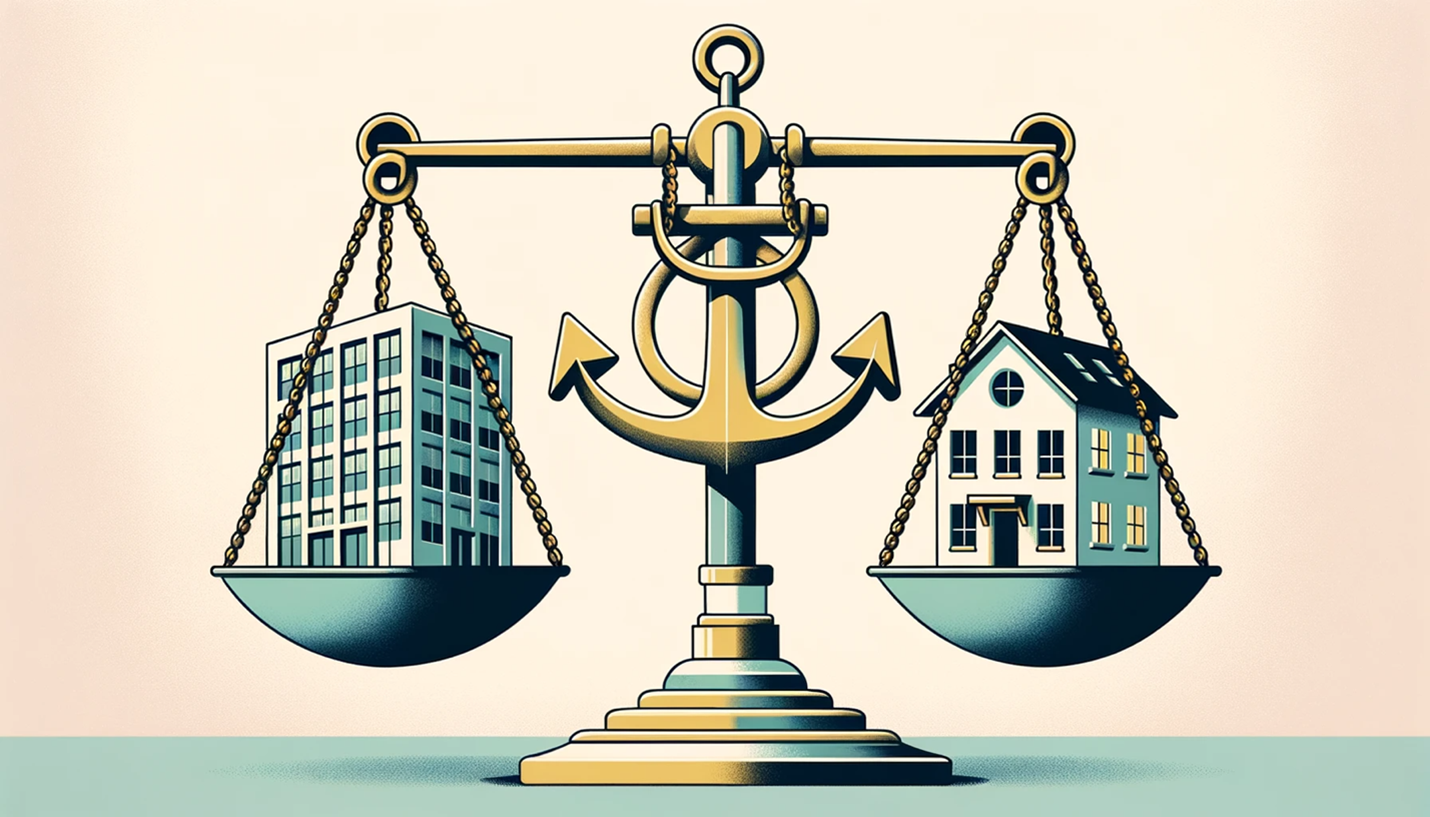New social distancing measures due to COVID-19 have drastically changed the way employees work and businesses operate. It has also led companies to re-evaluate their economic strategies and wellness priorities. Undoubtedly, this will have lasting effects on the workplace. In many ways, this global disruption has merely sped up the adoption of workplace trends that were gaining popularity prior to the pandemic. Some changes, however, are more unanticipated.

More Remote Work
Remote work opportunities have been on the rise for years, as better technology enables employers to expand their workforce beyond local talent while offering employees more flexibility. Employers that previously did not consider these remote options have now jumped full-force into the work-from-home lifestyle, in order to continue operations while following social distancing guidelines.
These employers are realizing that their workers can be just as productive (if not more) working from home. Some may even find it more cost-efficient when considering the resources and spending associated with maintaining an office space to accommodate every single employee. Additionally, some of the logistical troubles associated with remote work during the current crisis (such as a lack of childcare and increase in family responsibilities) will be alleviated once COVID-19’s threat decreases.
Less Travel
As with remote work, people are developing a better understanding of just how much work can be done without meeting in-person. By utilizing online communication, businesses can accomplish many of the same tasks long-distance, while reducing time and resources on in-person gatherings.
There are also health and safety benefits of less travel, especially during the flu season (which can stretch for most of the year). Limiting exposure to illness and avoiding the effects of jetlag can keep more workers focused and healthy at work, resulting in less sick days and time off taken.
Company Culture
For many, remote work and empty personal schedules have greatly altered work-life balance. Employers focused on wellness have been forced to consider how they can foster a culture that respects their workers’ personal needs and interests—beyond just their career. This is meaningful for businesses because an individual’s family life, hobbies, mental and physical health, finances, and overall well-being all influence performance and productivity.
Since company culture is harder to build and establish remotely, companies are strengthening their values through formal policies, including ones that draw the line between work and time off, such as no emails or messages after work hours. Companies that invested in company culture prior to the pandemic have an advantage in supporting their values during the crisis. Maintaining that culture in the current environment may be difficult, so these organizations are also relying on formal policies to support their company culture.
Technology Improvements
Companies that lacked the adequate technology infrastructure and resources to transition into remote work have faced more struggles as a result of COVID-19. Some have had to spend more than they planned on everything from new computers and hard drives, to communication systems and project management platforms. In order to save time and resources in the future, it is a good investment to stay up-to-date with workplace technology.
Additionally, wellness programs that do not utilize technology—with online resources, tools, or telemedicine options—need to be adjusted to remain engaging and effective. In-person and traditional benefits are likely not substantial enough to accommodate a wide range of wellness needs.
Mental Health Support
COVID-related stresses have taken a toll on the entire workforce. People are experiencing more anxiety about health, job security, additional family responsibilities, and finances than they may have ever experienced before. As a result, those without adequate mental health support are struggling.
While many employees (especially from younger generations) desire mental health benefits, companies often do not make this aspect of wellness a priority due to the stigma surrounding mental illness. However, now that more people are impacted, employers have begun to implement resources and tools to address mental and emotional wellness. The relaxation, mindfulness, and mental clarity that this support generates also benefits worker performance, creativity, and happiness.












